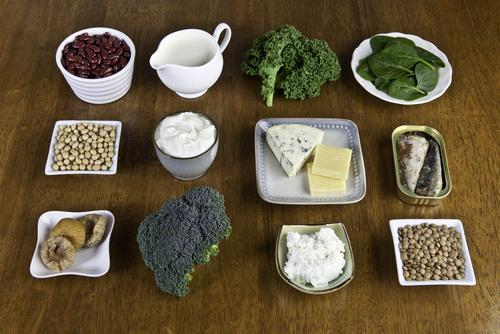In a society that’s constantly evolving into providing hundreds of choices for consumers, are people better off? Inability to commit to one choice apparently contributes to stress and unhappiness, according to new research.
Maximizers are people who need to make the best possible choice, according to Joyce Ehrlinger, an assistant professor at Florida State University. Maximizers are less satisfied with the choices they end up with and tend to think they could have made a better one.
Satisficers (a combination of the words satisfy and suffice) tend to make a choice and be content with that choice. They have standards, but once the item they choose meets their criteria, it is sufficient.
Ehrlinger published her research, “Failing to Commit: Maximizers Avoid Commitment in a Way That Contributes to Reduced Satisfaction,” in the peer-reviewed journal Personality and Individual Differences, in December. Her co-authors were doctoral candidate Erin Sparks, and Richard Eibach, a psychology assistant professor at the University of Waterloo in Ontario, Canada, according to Florida State University.
Maximizers need to choose the best job, the perfect mate, and may choose friends in the same manner. They are likely to worry, to second-guess their choices, and to ultimately be less happy.
Past studies exist on the subject, but for Ehrlinger, the investigation is far from over.
In a phone interview, she said a girlfriend of hers, preparing to travel for three to four days, will pack her suitcase with clothes for 10 to 12 days simply because she does not know what she might want to wear on her trip and wants to make sure she has everything she needs.
Erhlinger’s husband can walk into a department store to buy a T-shirt, will see the T-shirt, pick it up, take it to the register, and buy it. She, on the other hand, would have to try it on, check out the best colors, see if it comes in additional colors, and ask about the return policy at the cash register. Ehrlinger said she really doesn’t like going shopping with her husband.
According to the announcement from FSU, Ehrlinger has long been intrigued with individuals identified among psychologists as “maximizers.” She has five students in her lab, and she said that four of them are maximizers.
Maximizers have higher rates of depression, perfectionism, and regret. “I wonder if further investigation can change their frame of mind,” said Ehrlinger. “Perhaps we can nudge them to be more of a satisficer and attain a sense of contentment.” She said she also wants to find out what else this personality trait leads to.
According to Erhlinger, quoted in the FSU newsletter, “Whether being a maximizer is a central and stable part of the personality or simply a frame of mind remains unclear.” She said she hopes further research can isolate the cause of the behavior. “Current research is trying to understand whether they can change. High-level maximizers certainly cause themselves a lot of grief.”




